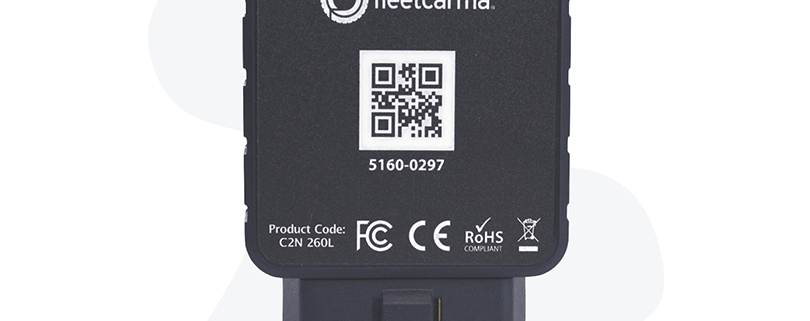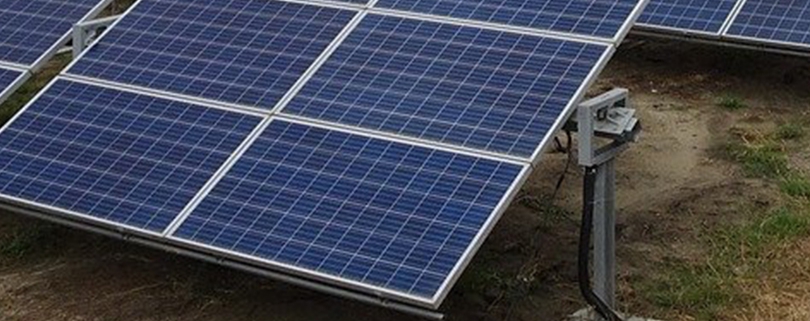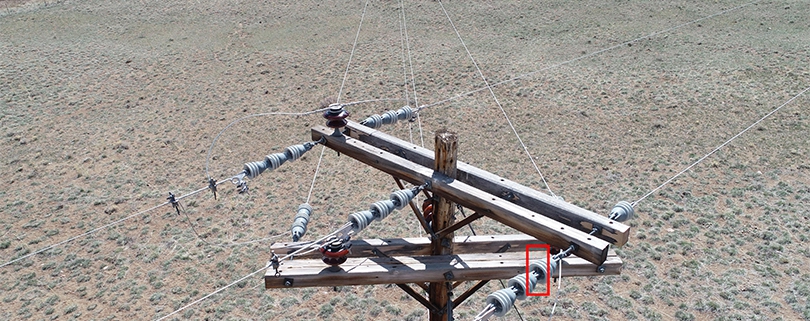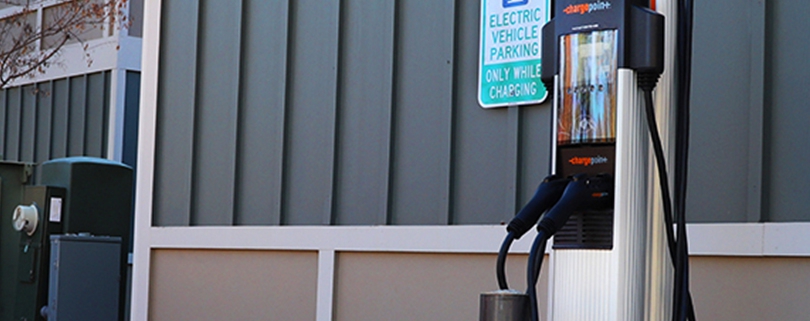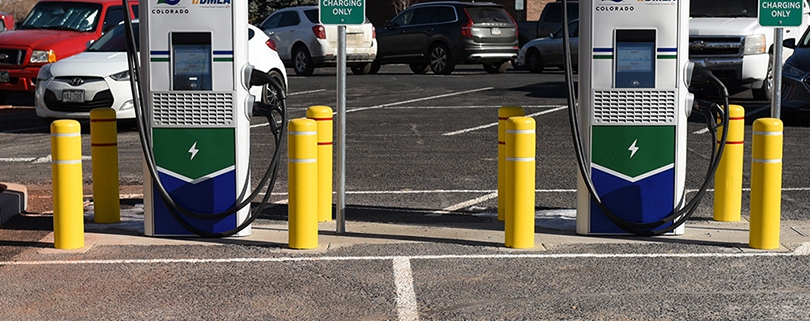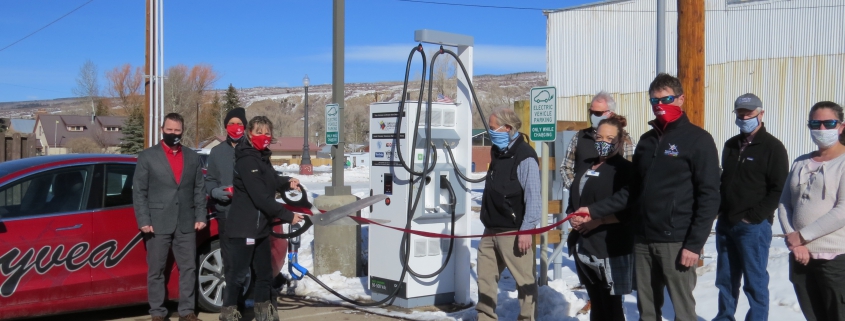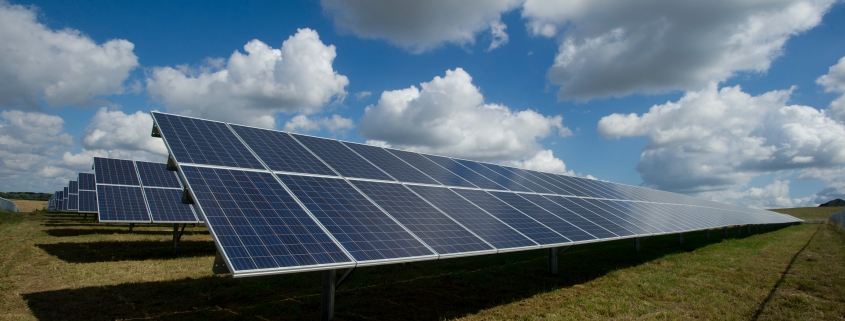MVEA Launches EV Pilot Study
Limon-based Mountain View Electric Association launched a pilot program for a select number of its consumer-members who own electric vehicles.
The 12-month SmartCharge MVEA program in partnership with FleetCarma is aimed at helping the electric distribution co-op plan for future and increased adoption of EVs among consumer-members in the co-op’s service territory. The co-op wants more data on how, when and where EV owners charge their vehicles so it can plan for the impact on its electric system.
Here’s how it works: Participants with a compatible EVs are given a small device to plug into their EV onboard diagnostic port that tracks and pinpoints charging consumption on the grid. In addition to sending this data to MVEA, the device also provides analytics to the EV owner about the vehicle and use. Participants can track things such as their EV’s trip data, auxiliary load, battery health and the breakdown of charging from different charger levels.
The charging data collected over the 12-month study period will help MVEA plan and manage the grid to ensure EV charging remains reliable for everyone.

